

Sometimes, a very good game can seem like a disappointment simply because it's a less glitzy, half-step sequel to a great game. Rainbow Six Vegas 2 leaves new boy, Bishop (your playable character) in a bit of a bind. As this game is part prequel, part sequel, part concurrent game, you’re never visiting the same parts of the city as you did in the first outing. And this is where Vegas 2’s first problem rears its ugly head. Until the fifth level - and these are big levels - you never get within 50 feet of a casino. Not a whiff of neon. Not a whisper of coins rattling through slot machines. Just endless treks through generic warehouses and building sites. Sure, they’re nice-looking warehouses and building sites, but they could be anywhere in the world.
This might seem like an odd criticism, but if you’re buying a game called Rainbow Six Vegas 2, you’d expect a few of the famous landmarks to make it into the final product. It’s a shame the developer couldn’t leave Las Vegas, because the actual combat is on par with the mighty Call of Duty 4. In fact, when it comes to claustrophobic indoor gunplay, Vegas 2 actually trumps CoD4 thanks to its excellent cover mechanics. When Bishop pushes his back to the nearest piece of cover, the camera zooms out to third-person, leaving you with a view of what’s ahead and a number of options at your disposal. You can issue orders to your squad, let off a volley of blind-fire to kill off any terrorist dumb enough to rush you, or you can snap out and take a precision shot before returning to cover. There are few moments in gaming more satisfying than popping out from behind a door and pulling off a clinical headshot on one of Vegas’ many bad guys.
The combat system served the original game well, yet there have been subtle, but notable changes since. Mercifully, teammate AI has been considerably beefed up. Your buddies Michaels and Jung are now smart enough to realise that taking a shortcut through a room full of terrorists isn’t the smartest way to get from A to B - a massive issue we had with the original. Even more impressively, they’ll move to their destination by creeping from cover to cover, watching each other’s backs as they go, so there’s less chance of either ending up stranded in the middle of a room sucking up enemy bullets. It’s the most intelligent squad behaviour we’ve seen, and although this smart programming is somewhat wasted on a couple of personality-devoid meat-heads in a semi-sequel, it can only be a good thing for the future of the franchise.
You certainly notice a change in the game when your buddies aren’t around. One of the later levels has you stalking Alvarez, the terrorist honcho, through (yawn) an industrial plant next to the Clark County airstrip just outside Vegas. The stage is set entirely at night too, so you’re at the mercy of your night-vision, and in short it’s a bitch of a level to beat. Without its squad mechanics, Rainbow Six becomes a frustrating, run-of-the-mill shooter where you’re constantly at risk of being shot in the back or picked off by a sniper before you reach the next checkpoint. Long before you finish your little lone-wolfing session, you’ll be begging to hear Michaels whispering “Tango neutralized” in your ear.
Another more noticeable change is the integration of Rainbow Six’s multiplayer RPG-lite mechanics to the single-player game. When you first play the game you’re asked to create a custom character and kit them out with a variety of weapons and armour. Once you’ve custom-built your all-American hero, he (or she) is your character throughout both the single and multiplayer modes. This means that as you plow manfully through the main campaign, or the offline Terrorist Hunts, your character gains XP and levels up, unlocking new weapons, armour and clothing. On the plus side, this means that you don’t have to spend a handful of deeply frustrating weeks online shaking off your noob status and leveling up your character to get the best kit.

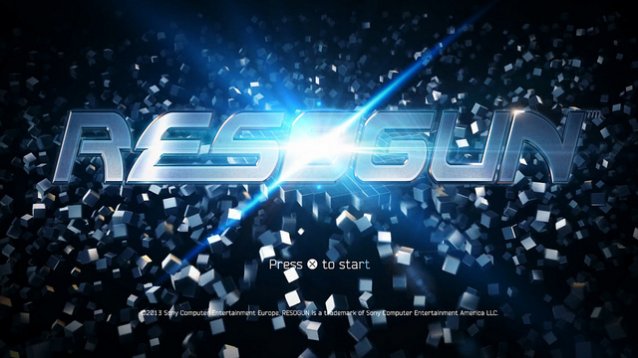
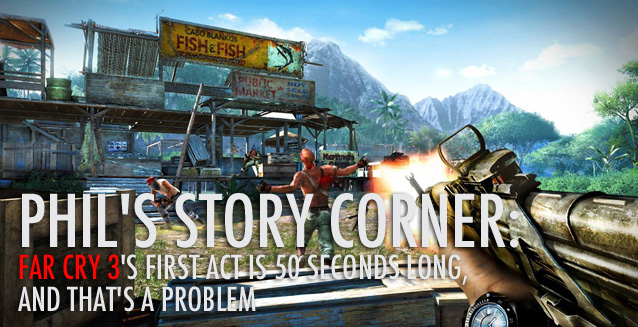
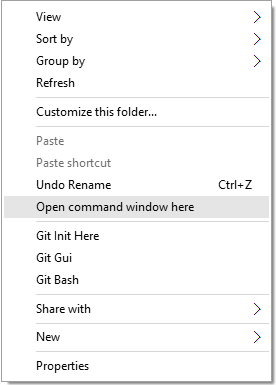
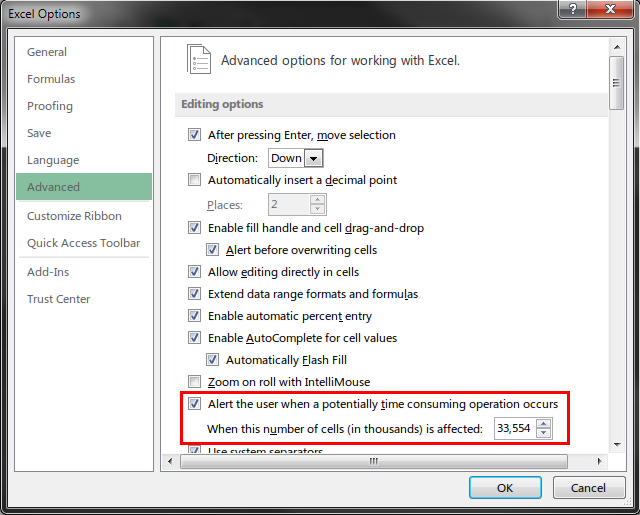 9 Simple Tweaks to Customize Excel to Your Needs
9 Simple Tweaks to Customize Excel to Your Needs Guide to upgrading the Pursuit Tech in Need for Speed Rivals
Guide to upgrading the Pursuit Tech in Need for Speed Rivals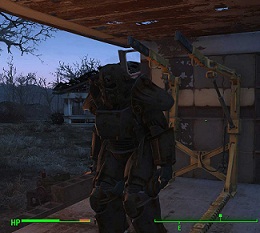 Fallout 4: Power Armor - Repair and Modding, Frame locations
Fallout 4: Power Armor - Repair and Modding, Frame locations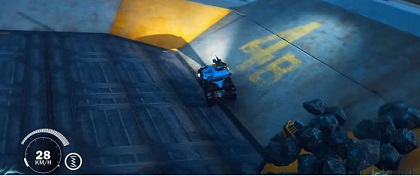 Just Cause 3: all Challenge Modes guide
Just Cause 3: all Challenge Modes guide Free Realms’ Referee Ruby’s Guide to Submitting a Support Ticket
Free Realms’ Referee Ruby’s Guide to Submitting a Support Ticket